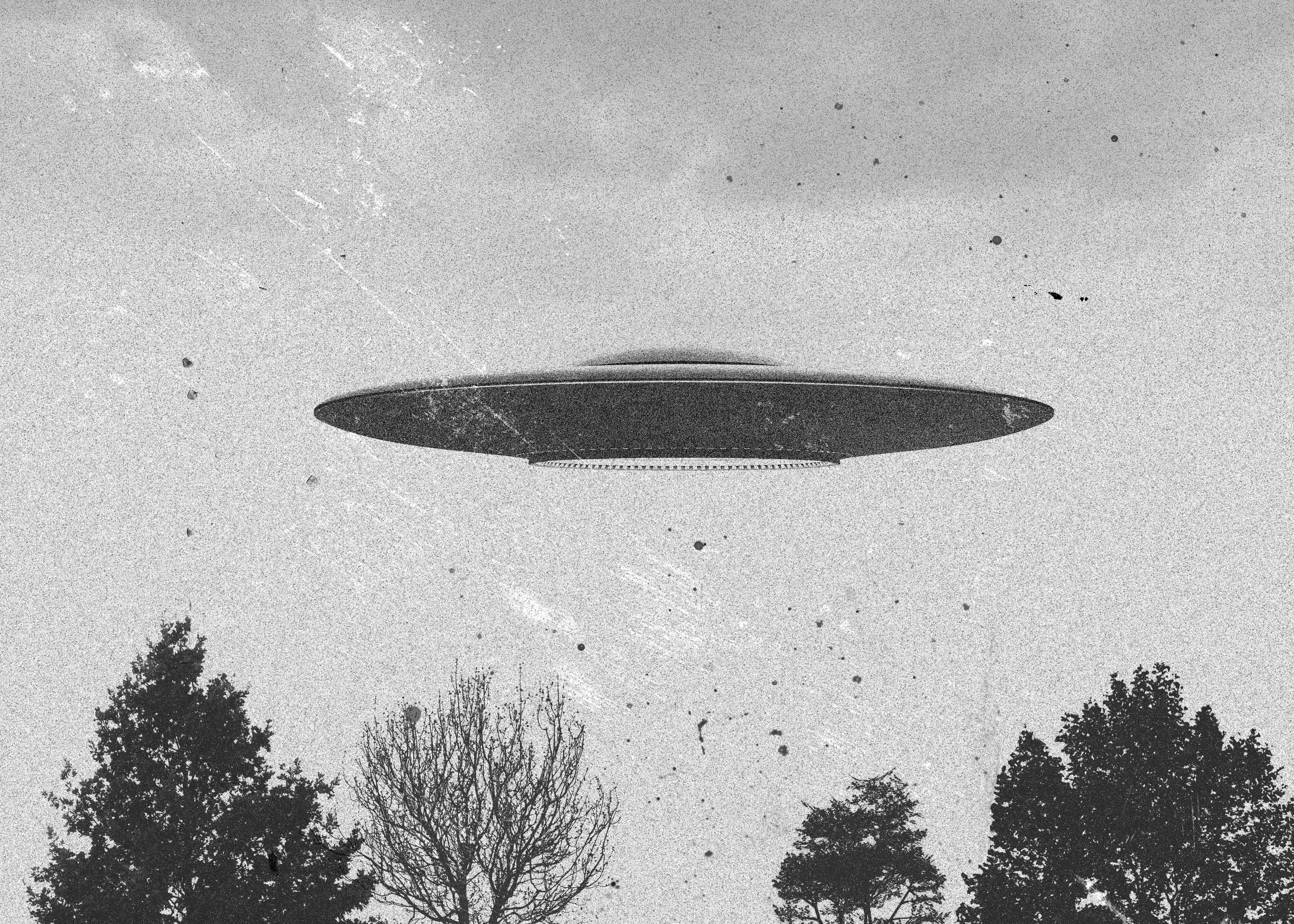America's alien freakout
This obsession with space is ridiculously adolescent. It is also vicious and inhumane.


Forgive me for not being markedly enthusiastic about the news that the Pentagon has spent at least $22 million over the last decade studying unidentified flying objects. Contra Mulder, the truth is not out there.
"Space" has become a mania, a cult, a crypto-ontology that undergirds all our assumptions about creation in ways we barely understand. The gleaming prospect of orange nebulae looms on dedicated Twitter accounts and in BuzzFeed listicles while the planet we have now, the one we are all quietly busy destroying in our thousand necessary ways, decays into irrelevance.
For most of us, the destruction of Earth has already happened. Even the plants we can identify are uniform squares deposited in grids with instructions from Home Depot underneath our vinyl siding. A passage from a popular book written over a century ago full of references to sloe and purple loose-strife is meaningless. We have not forgotten the names of the flowers and the trees; we have never known them. The song-dreams they gave our ancestors have become nightmares of faux brick veneer, their pleasant spells exorcised in the name of the cruel mechanical gods — growth, free trade, globalism, democracy — we worship. When there is nothing left, not even the raw materials for manufacturing more carbon fiber reinforced polymers, we will all climb into crowd-funded spaceships bound for our new homes on some cold nameless rock in the middle of what is literally nowhere.
The Week
Escape your echo chamber. Get the facts behind the news, plus analysis from multiple perspectives.

Sign up for The Week's Free Newsletters
From our morning news briefing to a weekly Good News Newsletter, get the best of The Week delivered directly to your inbox.
From our morning news briefing to a weekly Good News Newsletter, get the best of The Week delivered directly to your inbox.
Many space worshipers, including no doubt Harry Reid, the former Senate majority leader at whose request the Pentagon's UFO program began, know that contact with extraterrestrial lifeforms is classed into "close encounters" of the first (sight), second (physical evidence of their presence), and third kind (actual contact), respectively. For them the prospect of aliens — not the "greys" of popular imagination with their bulbous heads, waxy skin, gaunt ovular eyes, thin jet strips of mouth, but a nameless single-celled prokaryotic bacterium eking out its thoughtless existence on an unnumbered rock somewhere trillions of miles away — is more enticing than billions of miraculous human lives here on Earth.
This obsession with space is ridiculously adolescent. It is also vicious and inhumane, and founded upon a universally shared misapprehension.
Which is that there aren't already aliens everywhere. We have all had close encounters of the first and second kinds and, occasionally, the third. As I write this thousands of them are shivering in doorways or under scaffolding in Manhattan and San Francisco, mumbling and screaming because they have spent years of their lives being silently urged to participate in the fiction of their own non-existence, and hundreds of thousands more are wearing MAGA hats and collapsing into ambulances in Ohio and Rhode Island and New Hampshire. I remember one from middle school, though I never once spoke to her, who smelled and wore bad clothes and had no friends; boys teased her for carrying around a Cabbage Patch doll. When she disappeared one day, no one noticed; later we learned that every afternoon after being either bullied or ignored at school she went home, where her uncle raped her.
The vastness of space is a meaningless void. The world we already have, of all things visible and invisible, is strange and mysterious and shot through with more beauty and majesty and brokenness and pain than we know how to account for, much less take care of. Let's stop ignoring it.
A free daily email with the biggest news stories of the day – and the best features from TheWeek.com
Matthew Walther is a national correspondent at The Week. His work has also appeared in First Things, The Spectator of London, The Catholic Herald, National Review, and other publications. He is currently writing a biography of the Rev. Montague Summers. He is also a Robert Novak Journalism Fellow.
-
 Zimbabwe’s driving crisis
Zimbabwe’s driving crisisUnder the Radar Southern African nation is experiencing a ‘public health disaster’ with one of the highest road fatality rates in the world
-
 The Mint’s 250th anniversary coins face a whitewashing controversy
The Mint’s 250th anniversary coins face a whitewashing controversyThe Explainer The designs omitted several notable moments for civil rights and women’s rights
-
 ‘If regulators nix the rail merger, supply chain inefficiency will persist’
‘If regulators nix the rail merger, supply chain inefficiency will persist’Instant Opinion Opinion, comment and editorials of the day
